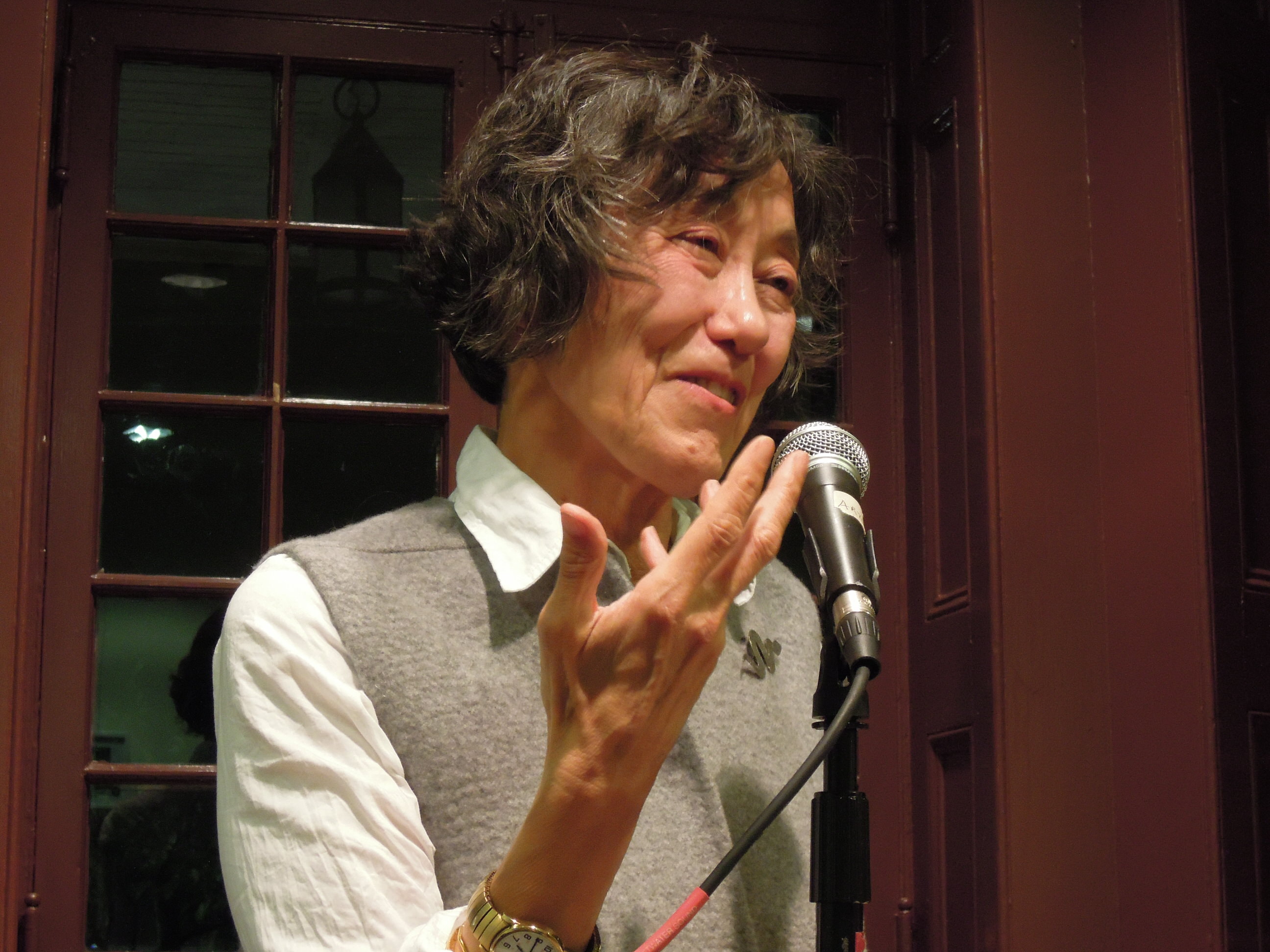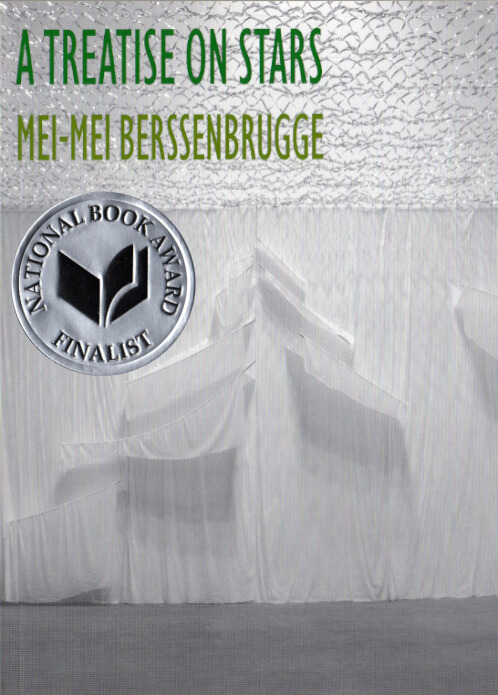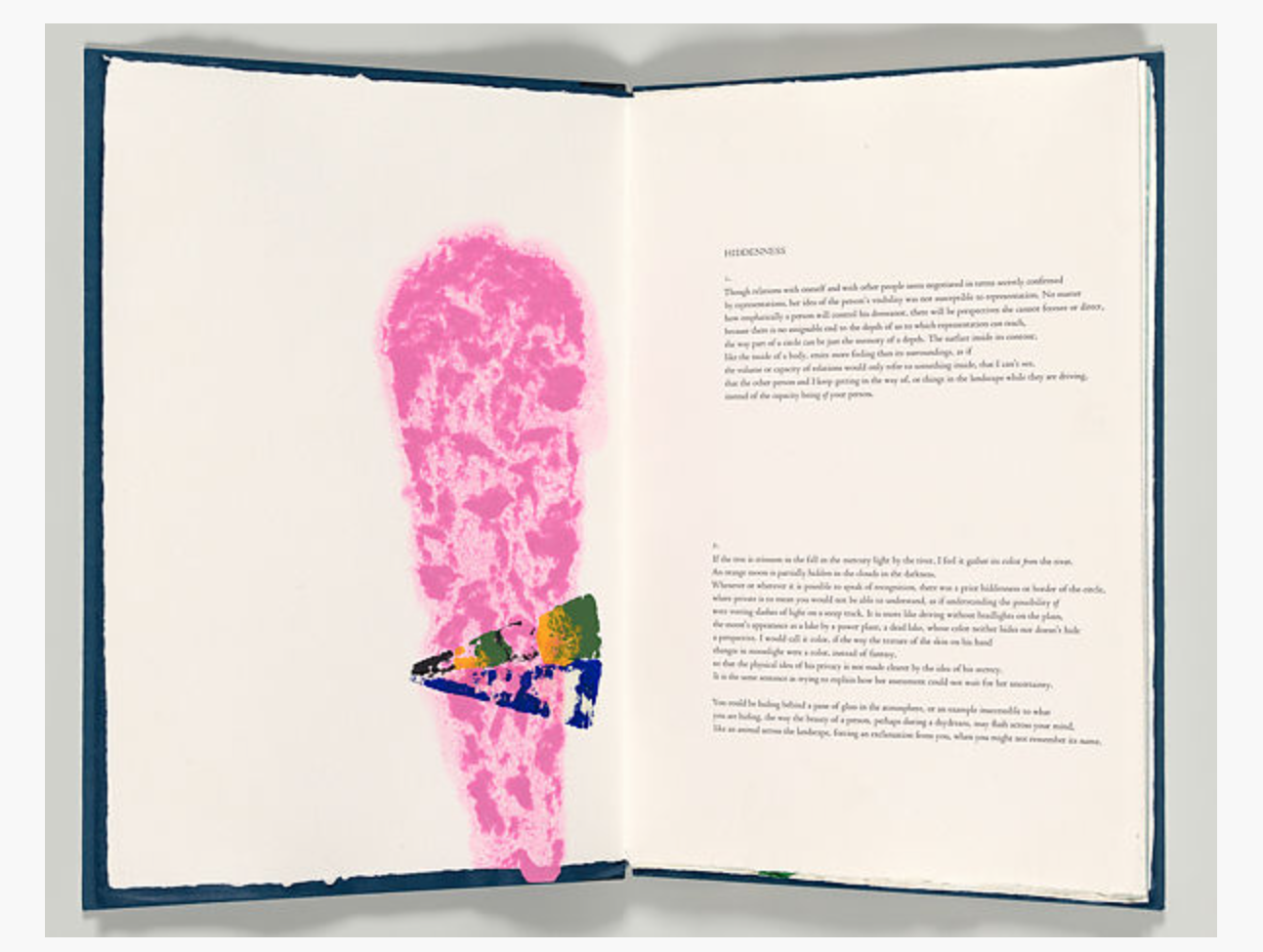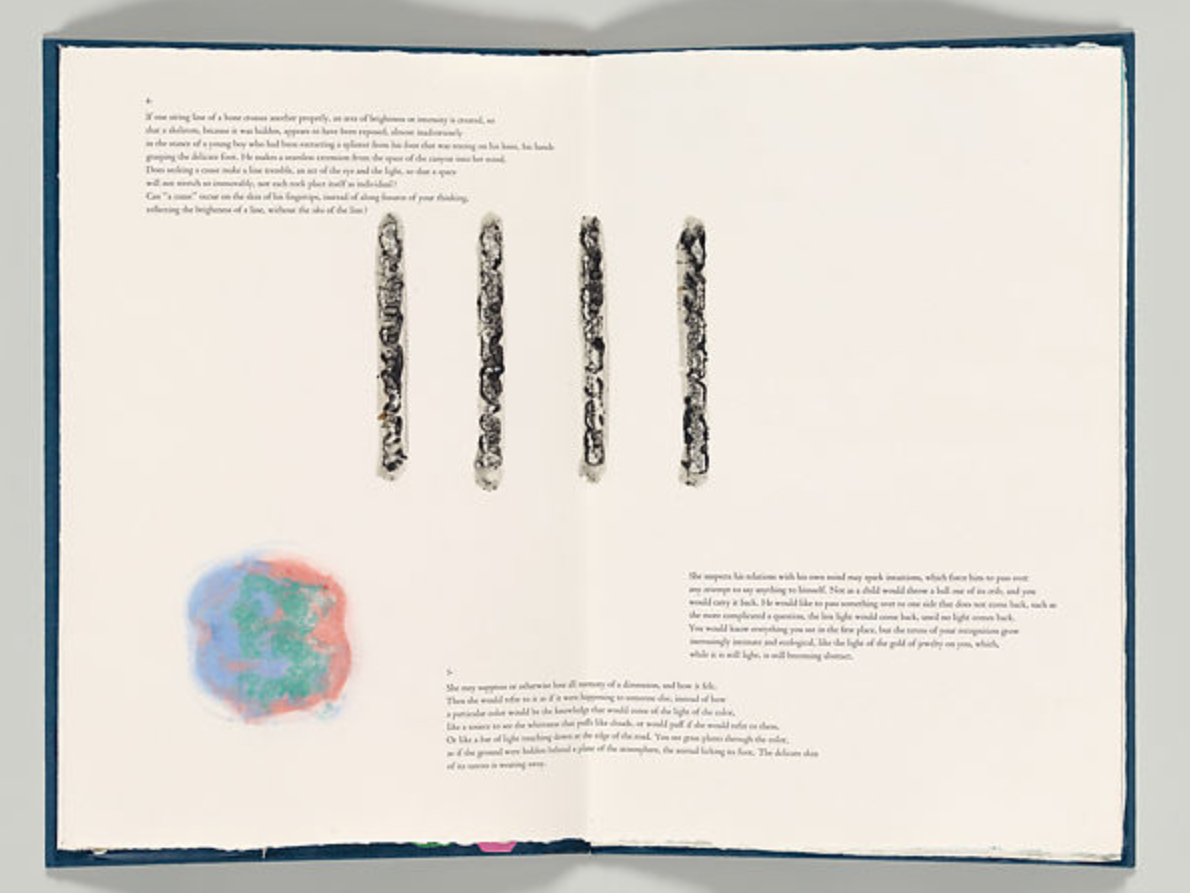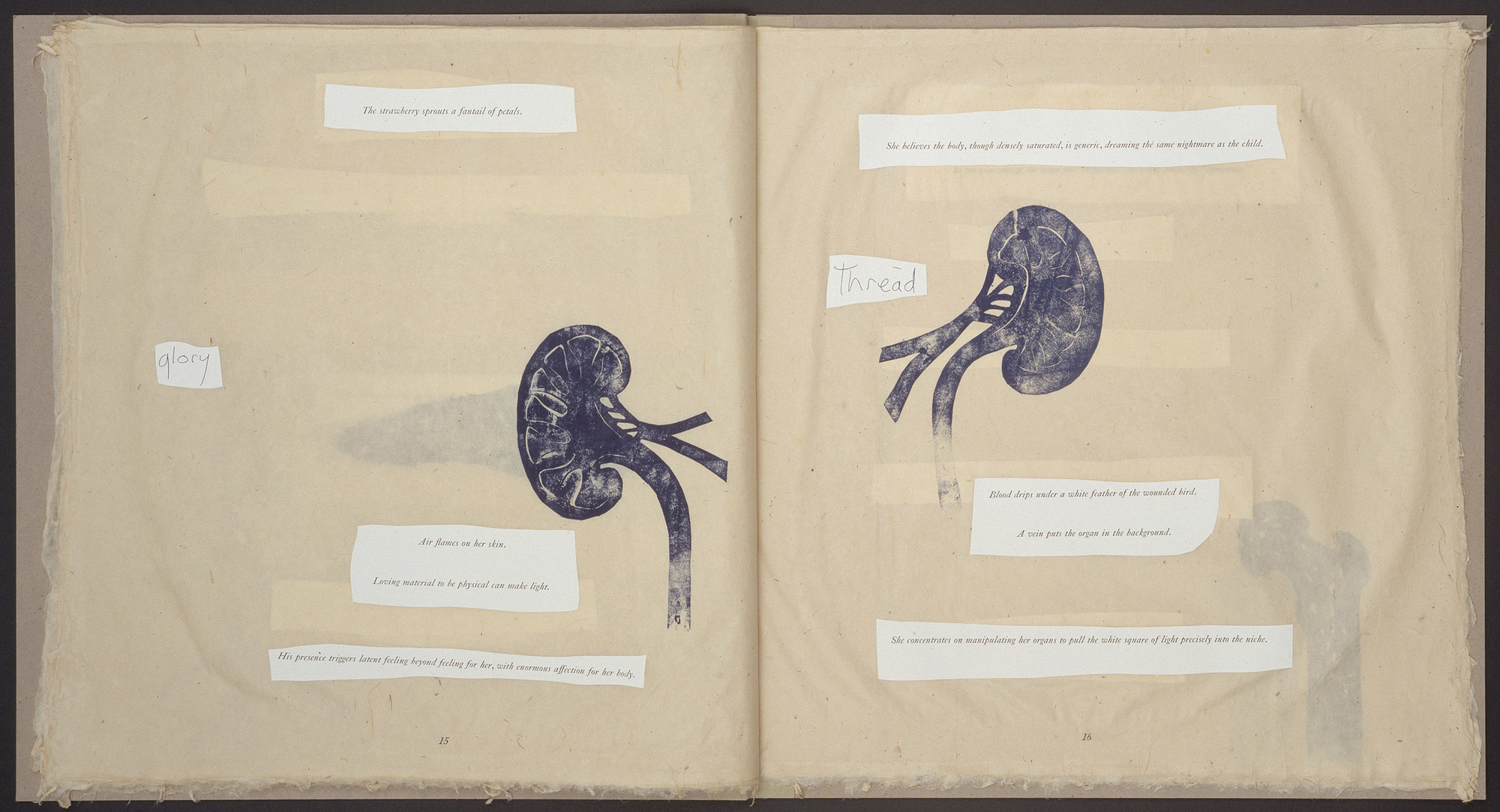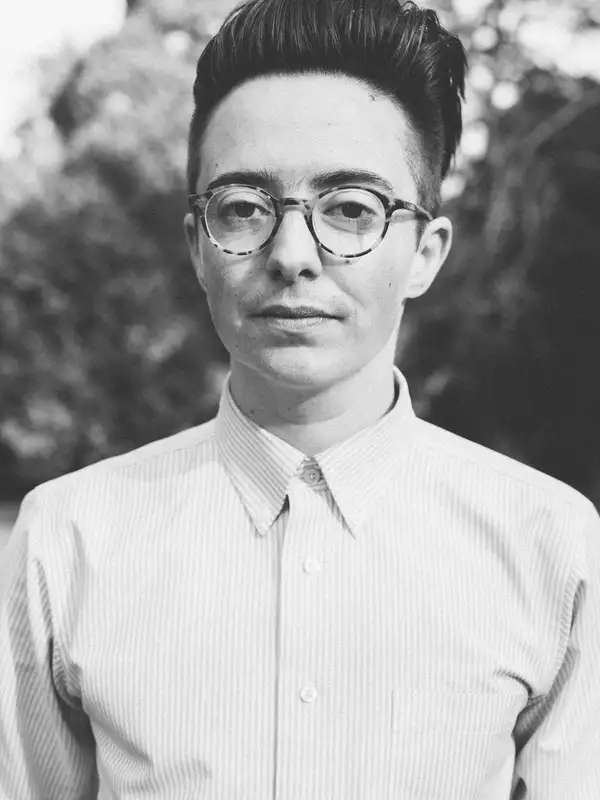[Lede photo credit: Courtesy of Nancy Wong, 1975]
Mei-mei Berssenbrugge’s latest book of poems, A Treatise on Stars, was recently nominated as a finalist for the 2020 National Book Award for Poetry, which announced its winners on November 18. Heralded by the judges as “a breathtaking record of biological, chemical, and spiritual entanglement,” Berssenbrugge’s collection continued the Beijing-born poet’s practice of drawing from the natural world for inspiration.
Bridging gaps between sensory, tactile perceptions, and abstract philosophical questions, A Treatise on Stars reflects on these questions by exploring what unknowable spaces can mean for human experience.
Throughout her career, Berssenbrugge has collaborated with visual artists, including her husband, Richard Tuttle, whose work she uses as inspiration to add new dimensions to her poetry, and the contemporary American artist Kiki Smith.
In this “5 Questions With …” interview, Berssenbrugge reflects on her creative process and how the events of the past year influenced her thinking.
What inspired you to write these poems?
I had an intuition to write about heaven and earth as one ecosystem, and that led to interactions between stars and humans — by our looking at stars, by old stories of traveling to stars, and by ET [extraterrestrial] visitations. I added communication between stars and animals and used ideas of quantum physics.
What is the most important lesson you have learned during your career as a writer?
To trust yourself, your impulses in writing and imagining, which may be deeper than your conscious mind can grasp.
How do you choose which artists to collaborate with? What do these collaborations add to your work?
I began by accepting every invitation to collaborate. That brought me to ways of creating, to sensibilities and others’ aesthetics I had not known before. In theatre, dance, artists’ books, and music, you see from another’s point of view, and that leads to new forms in your own work and to new subjects. Later, I began to work repeatedly with certain artists — most significantly with Kiki Smith, my friend, and with Richard Tuttle, my husband.
How has the physical world and landscape influenced your work and A Treatise on Stars?
In early 2020, I was writing about a kind of universal fractal network of growing, which I likened to creativity. I imagined this as an overall grid, even in outer space. Then my husband and I both got COVID-19 with long recoveries, and there has been so much change and no going back. I’m feeling my way to something else, how to grieve for lost people and express a generative space ahead.
What would you want readers to take away from your poetry?
A feeling of openness ahead of you, and the presence of love.
—ISABELLA PECHATY ’23
